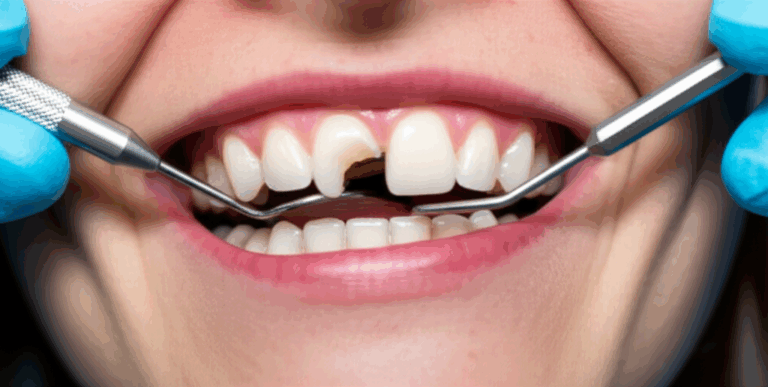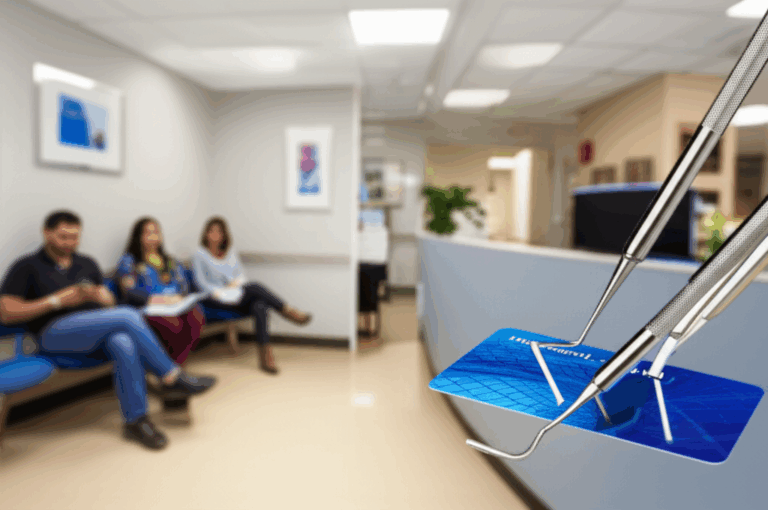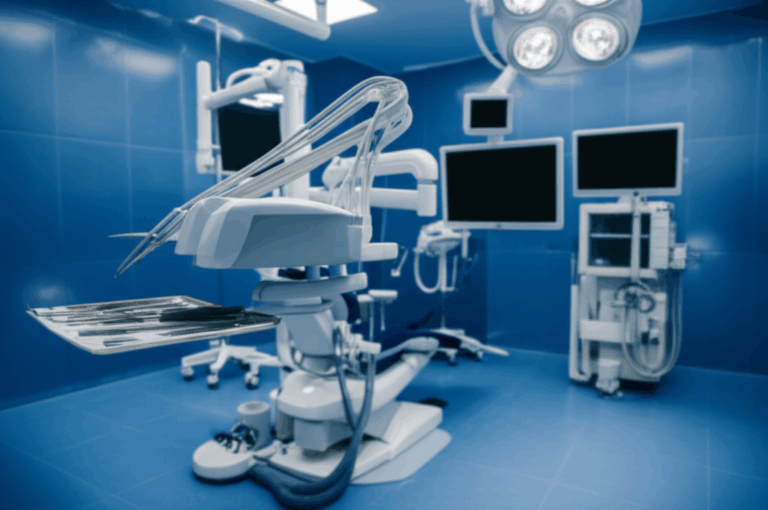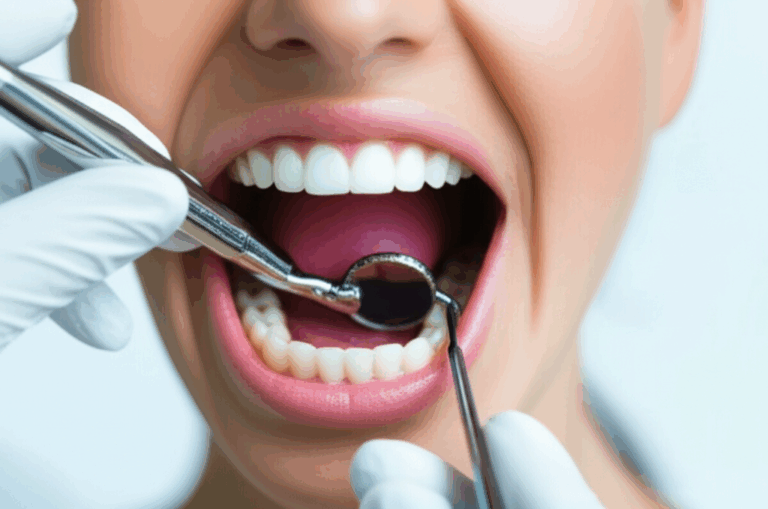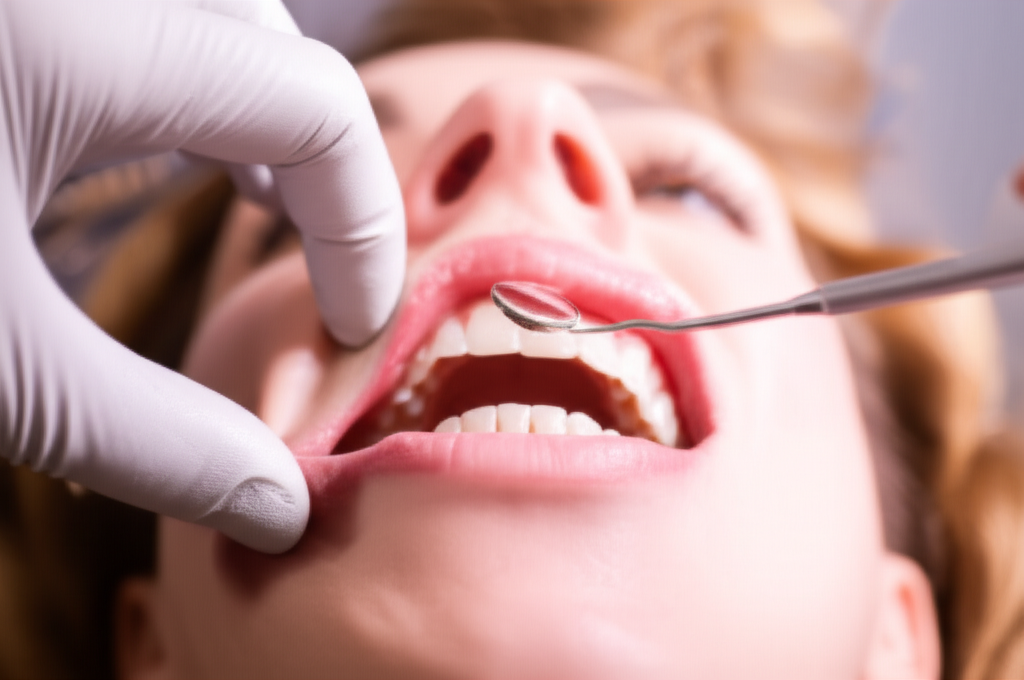
What is Another Name for a Dentist? Understanding Dental Professional Titles
Table of Contents
- The World of Dental Specialists
- Breakdown of Leading Dental Specialties
- Other Informal and Cosmetic Titles
Introduction: My Journey with Dental Professional Titles
When I first sat in a dentist chair years ago, I just thought of “the dentist” as the person who checked my teeth, fixed a hole, and told me to floss more. But soon, I started hearing names like “orthodontist,” “periodontist,” or “DDS.” I quickly realized there was a lot more going on in the dental office than I first thought.
If you’ve ever wondered, “What is another name for a dentist?” you are not alone. Like me, you might have been confused seeing different titles on the door or on business cards. In this article, I’ll walk you through what I’ve learned about these names, what each stands for, and why they all matter. My hope is that after reading, you’ll know who does what in the dental office and why using the right word can help you get the right care.
Common Professional Titles and Synonyms for Dentists
Over time, I figured out that “dentist” is just the start. There are other, sometimes fancier words people use in different situations.
Dental Practitioner
You might see “dental practitioner” on a sign or on some papers. This is just a formal way to say dentist. It covers anyone licensed to check and fix problems in your mouth. I see it as a way for people to show they are trained professionals. If you want a word that covers any licensed dentist, “dental practitioner” is a good bet.
Oral Health Provider
Sometimes, you’ll hear “oral health provider” or “oral health professional.” This can mean the dentist, but sometimes it also includes people like dental hygienists. I first heard this when talking with a friend in public health. This term focuses more on the idea that their job isn’t just to fix problems, but to keep mouths healthy overall.
DDS and DMD Explained
I remember the first time I saw ‘DDS’ after my dentist’s name. Then I saw another dentist’s card with ‘DMD’ and thought, “Are those different?” So, I looked it up. Both are degrees you need to become a dentist in North America.
DDS means Doctor of Dental Surgery. DMD means Doctor of Dental Medicine. But they mean the exact same thing—just different schools give different names. Both dentists do the same kind of work.
For example, the American Dental Association (ADA) says there’s no difference between a DDS and a DMD. That made it a lot easier for me to understand. If you see either after someone’s name, you know they’re a real dentist.
Recognizing Dental Specialties: Not All Dentists Are the Same
As I got older and had things like braces, a wisdom tooth pulled, or a filling fall out, I learned that not every dentist does the same stuff. There are lots of different specialists in the field, each trained for a certain job.
The World of Dental Specialists
One time, after a checkup, my regular dentist pointed at my wisdom teeth and said, “I’ll need to send you to an oral and maxillofacial surgeon.” That’s when I realized all oral surgeons are dentists, but not all dentists are surgeons. That was my first lesson about dental specialties.
Breakdown of Leading Dental Specialties
- General Dentist: This is the dentist you see for regular visits—cleanings, fillings, and checkups. If things get tricky or special, they might send you to a specialist.
- Orthodontist: If you ever had braces, you saw an orthodontist. They straighten teeth and fix bites with braces or aligners.
- Oral and Maxillofacial Surgeon: These dentists do things like pull out wisdom teeth, fix broken jaws, and do surgeries. I was nervous before my own wisdom teeth were out, but my oral surgeon walked me through everything.
- Endodontist: This is the “root canal dentist.” They fix problems inside a tooth, like infections deep in the roots. Not my favorite trip, but I’m glad endodontists exist.
- Periodontist: These dentists work with your gums and the bones that support your teeth. If you have gum disease or need implants, you’ll see a periodontist.
- Prosthodontist: Need fake teeth? Crowns, bridges, or dentures? A prosthodontist is the expert. They often work with labs like a crown and bridge lab to make sure replacements fit just right.
- Pediatric Dentist: I took my niece to see a pediatric dentist for her checkup. These dentists care for kids and make going to the dentist less scary with toys and bright colors.
Don’t forget about some common but less official names:
Other Informal and Cosmetic Titles
- Cosmetic Dentist: Focused on making teeth look better—things like whitening or veneers. They often work with special labs like a dental ceramics lab to help people get a great-looking smile.
- Implant Dentist: These are dentists who do a lot of dental implants. They need to be good at both surgery and at working with places like an implant dental laboratory.
Even if “cosmetic dentist” or “implant dentist” isn’t always an official specialty, people use these words a lot.
Related Dental Professionals: Who’s Who in the Dental Office?
Here’s something I learned early: most of the people who take care of your teeth at a visit aren’t dentists, but they do super important jobs. Every time I leave the office, I’m extra thankful for them.
Dental Hygienist
Dental hygienists are the ones who clean your teeth, take X-rays, and teach you how to care for your mouth. They’re usually the first person you see in the chair. Every time I get my teeth scraped (yikes!), it’s a hygienist helping me out.
Dental Assistant
Dental assistants get everything ready for the dentist, keep people comfortable, hand the dentist the tools, and make sure things run smooth. In my experience, the dental assistant is usually the one cracking jokes or making the visit less stressful.
Dental Technician
Dental technicians don’t work on your teeth directly, but they’re behind the scenes in a lab. They make things like dentures, crowns, and retainers, all customized to fit your mouth. It’s amazing how they can make something that works so well and looks like your real teeth.
Why So Many Different Names? The Importance of Clarity in Dentistry
A question I hear a lot is, “Why do we have all these names for, basically, a tooth doctor?” I’ve asked this myself more than once.
Turns out, it comes down to training and being clear.
Education and Specialization
It takes a lot to become a dentist. First you go to college, then four years of dental school for a DDS or DMD. After that, some go through extra years (like 2-3 years) of training to specialize in things like braces or gum disease.
That means every specialist learned special skills for their job.
When to Use Each Title
Here’s when I use each name:
- Say “dentist” if you mean someone who does regular tooth care.
- Use a specialist’s title—like “endodontist” or “pediatric dentist”—if you’ve got a special problem.
- Use “dental hygienist,” “dental assistant,” or “dental technician” for other team members working with the dentist.
Like when my dentist sent me to a periodontist for my gums, it was because that person has more training for that problem, not because my dentist wasn’t good.
A Quick Guide: Table of Dental Professions and Their Roles
I like to see this sort of thing in a table. Here’s a quick look at all the jobs, based on what I’ve learned and info from the ADA:
| Profession | Main Job | Typical Training | % of Dentists (US) |
|---|---|---|---|
| General Dentist | Checkups, prevention, fillings, pulling teeth | DDS/DMD (4 years after college) | 80-85% |
| Orthodontist | Braces, straightening teeth, fixing bites | DDS/DMD plus 2-3 year residency | 5-6% |
| Oral Surgeon | Surgery, tooth pulling, jaw problems, implants | DDS/DMD plus 4-6 years residency | 4-5% |
| Endodontist | Root canals, fixing tooth nerves | DDS/DMD plus 2-3 year residency | 3% |
| Periodontist | Treats gums and bones, does implants, gum surgery | DDS/DMD plus 2-3 year residency | 3% |
| Prosthodontist | Makes new teeth, crowns, bridges, dentures | DDS/DMD plus 2-3 year residency | 2% |
| Pediatric Dentist | Cares for kids’ teeth | DDS/DMD plus 2-3 year residency | 3% |
| Dental Hygienist | Cleanings, X-rays, teaching mouth care | 2-4 year degree | Not a dentist |
| Dental Assistant | Helps dentist, sets up tools, keeps patient comfy | 9-11 month certificate | Not a dentist |
| Dental Technician | Makes dentures, crowns, mouth guards in lab | Certificate or special training | Not a dentist |
These numbers are just to give you a rough idea.
What Users Really Want: Search Intent Explained
When people search for “what is another name for a dentist,” they want to know stuff like:
- What other words can I use for ‘dentist’?
- Are all the other titles just other words for the same thing, or are they real different jobs?
- Who’s in charge of what when it comes to my teeth? Who should I see for my child or grandma?
- How can I make sure I’m asking the right person for the right care, or writing the right thing for work or insurance?
I hope this article, using my own life lessons, answers those questions in a simple way.
Personal Stories: My Surprises and Misconceptions
If you’re anything like me, you probably called everyone in a white coat at the dental office “the dentist.” Once in high school, I told friends I was getting my braces checked by the dentist. Really, it was the orthodontist. That made me laugh years later.
When my mom needed a dental implant after a tooth fell out, we found out her “dentist” worked with a periodontist and a prosthodontist. Everyone had their own job. Using the right word helped my family figure out who did what.
One time, I even tried to sound smart by saying I had an appointment with my “oral health practitioner.” It sounded fancy, but honestly, people just looked confused! It taught me using the right word really does help, especially with things like insurance, jobs, or bills.
Conclusion: Choosing the Right Dental Title
After years of going to the dentist and helping family, here’s my advice:
- Don’t worry if you call your regular dentist “the dentist.” That’s always fine.
- Use the specialist names—orthodontist, oral surgeon, periodontist—when you want to be clear about the job.
- The team members like hygienists and assistants do a lot and deserve respect too!
- If you’re not sure, just ask. I’ve found most dental offices are happy to explain who does what.
If you write, want to be a good patient, or are just curious, knowing these names can help you feel confident and clear at the dentist’s office.
Further Reading and Resources
Want to learn more about how dental devices are made or sent around the world? Try these:
- Take a look at new tech in a digital dental lab to see how teeth replacements are made today.
- Learn about the work at a china dental lab and what goes behind getting dental work made around the world.
- Curious about crowns and bridges? Find out more at a real crown and bridge lab.
And if you want official terms or comparisons, I recommend the American Dental Association’s website.
In short: Whether you use dentist, dental practitioner, DDS/DMD, or a specialist’s name, knowing the right word will help you get the care you need. I hope my personal story and what I’ve learned will help you the next time you visit the dental office.

